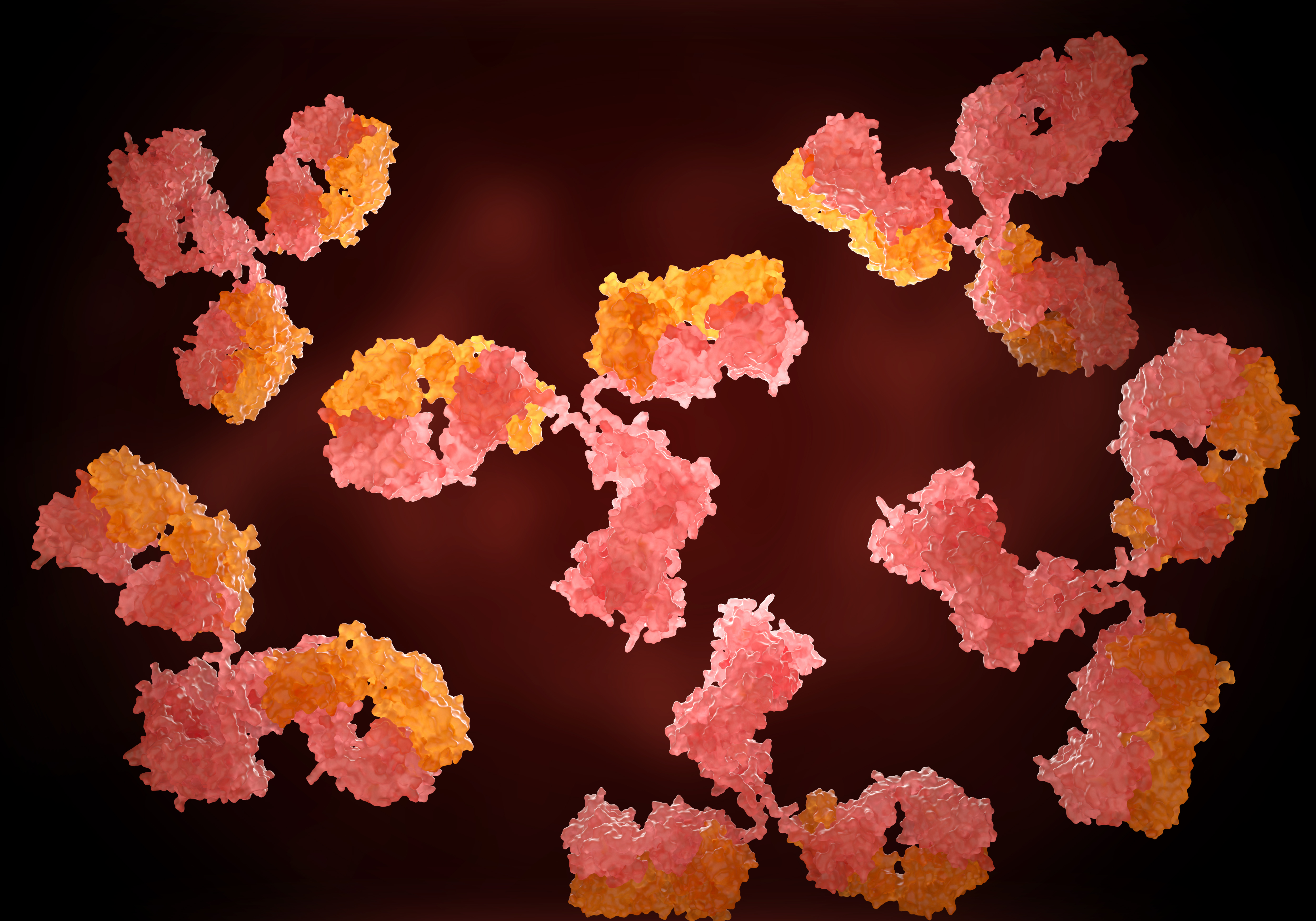- Agriculture
- Antibiotic/anti-viral
- Biologics
- Biomarkers
-
By Clinical Application
- Anesthesiology
- Blood & Lymphatic Disease
- CNS & Neurosciences
- Dermatology
- Diabetes, Metabolism, Endocrinology & Obesity
- Ear, Nose, & Throat
- Emergency Services
- Gastroenterology & Digestive Disease
- General & Plastic Surgery
- Health Education, Medical Training and Operations
- Heart and Vascular
- Immunology, Autoimmune & Inflammation
- Infectious Diseases
- Mental Health
- Multiple clinical applications
- Musculoskeletal Disorders, Orthopedics/Bone
- Nephrology/Renal
- Oncology
- Ophthalmology
- Orphan Diseases
- Pediatrics
- Physical Medicine & Rehabilitation
- Radiology
- Regenerative Medicine / Tissue Engineering
- Reproductive Health: Obstetrics & Gynecology
- Respiratory & Pulmonary
- Surgery
- Transplantation
- Urology
- Wound Healing
- COVID-19
- Creative Works
- Diagnostics
- Drug Delivery
- Drug screening and discovery
- Energy, Cleantech & Environmental
- Engineering & Physical Sciences
- Gene therapy
- Imaging
- Materials
- Medical Devices
- Nutraceuticals
- Other
- Research & Design Tools
- RNAi/siRNA
- Sensors & Controls
- Small molecules
- Software & Information Technology
- Stem Cells
- Vaccines
Rationally designed chimeric AAV capsids for enhanced immune evasion, cellular uptake, and transduction efficiency
Unmet Need Adeno-associated virus (AAV) vectors are a leading platform for in vivo gene therapy, yet their clinical potential is limited by key biological barriers. Pre-existing immunity to common AAV serotypes diminishes vector efficacy and…
Chimeric AAV vectors enabling antibody evasion and redosing for cardiac gene therapy
Unmet Need Gene therapy using adeno-associated virus (AAV) vectors is severely limited by pre-existing immunity in 30–80% of adults and by the development of neutralizing antibodies after initial treatment, preventing redosing. There is a critical…
Methods and compositions for enhancing viral and mRNA gene therapy with engineered RNA elements
Unmet Need An outstanding challenge in creating effective gene therapies, particularly those based on adeno-associated virus (AAV) and mRNA delivery platforms, is overcoming sub-optimal transgene expression. Inefficiencies in translation and stability of therapeutic gene products…
Novel AAV capsid variants for CNS-targeted gene therapies
Unmet Need The development of effective gene therapies for central nervous system (CNS) diseases faces a critical bottleneck: current adeno-associated virus (AAV) vectors lack sufficient transduction efficiency and specificity for human brain cells. Standard AAV…
RNA switch enabling stress-responsive regulation of protein expression for safer, more consistent gene and mRNA therapies
Unmet Need Current gene and mRNA therapies lack mechanisms to regulate protein expression in response to intracellular stress. Overexpression of therapeutic proteins can induce ER stress leading to unfolded proteins that do more harm than…
Muscle-targeted gene therapy for SLC25A4 mitochondrial deficiency
Unmet Need There is a significant unmet need for disease-modifying therapies that address mitochondrial dysfunction in inherited cardiomyopathies and myopathies such as SLC25A4 deficiency. Existing treatments are limited to supportive care and heart transplantation, with…
A novel all-in-one AAV system for efficient epigenome editing in neurodegenerative diseases
Unmet Need Neurodegenerative diseases such as Alzheimer’s and Parkinson’s affect over 55 million people worldwide, with prevalence expected to double by 2050 due to aging populations. These conditions are progressive, debilitating, and currently have no…
Viral-mediated humanized mouse model for Parkinson’s disease
Unmet Need Parkinson’s disease (PD) is a progressive neurodegenerative disorder characterized by the loss of dopaminergic neurons in the midbrain and the accumulation of α-synuclein aggregates (Lewy bodies), leading to motor and cognitive impairments. PD…
Pancreatic Cancer Treatment Targeting the Piezo1/TRPV4 Axis
Unmet Need Pancreatic cancer remains one of the most lethal cancers, with a 5-year survival rate of only 5–10%. In the U.S. alone, an estimated 64,000 people will be diagnosed each year, with over 55,000…
A novel T-cell-based immunotherapy for brain cancer
Unmet Need Cancer immunotherapy represents a new paradigm in cancer treatment with the goal of harnessing the immune system to selectively attack a patient’s tumor. T-cell-based immunotherapies encompass chimeric antigen receptor (CAR)-T cells, tumor-infiltrating lymphocytes,…
Method to improve durability of polymer networks of crosslinked elastomers
Unmet Need The lifespan of polymer materials is limited by premature failure due to poor mechanical properties such as toughness. Increased polymer toughness enhances material performance by improving its ability to absorb stress before breaking,…
Targeted SNCA Downregulation for Parkinson’s and Synucleinopathies
Unmet Need Parkinson’s disease (PD) is the second most common neurodegenerative disorder, affecting approximately 10 million people globally and 1 million in the U.S. The disease is characterized by involuntary movements such as tremors, stiffness,…











